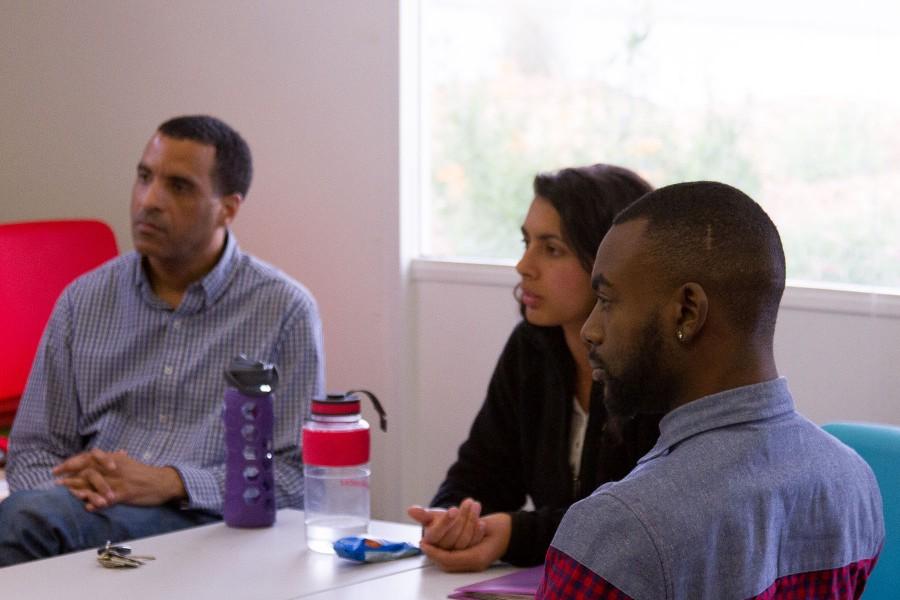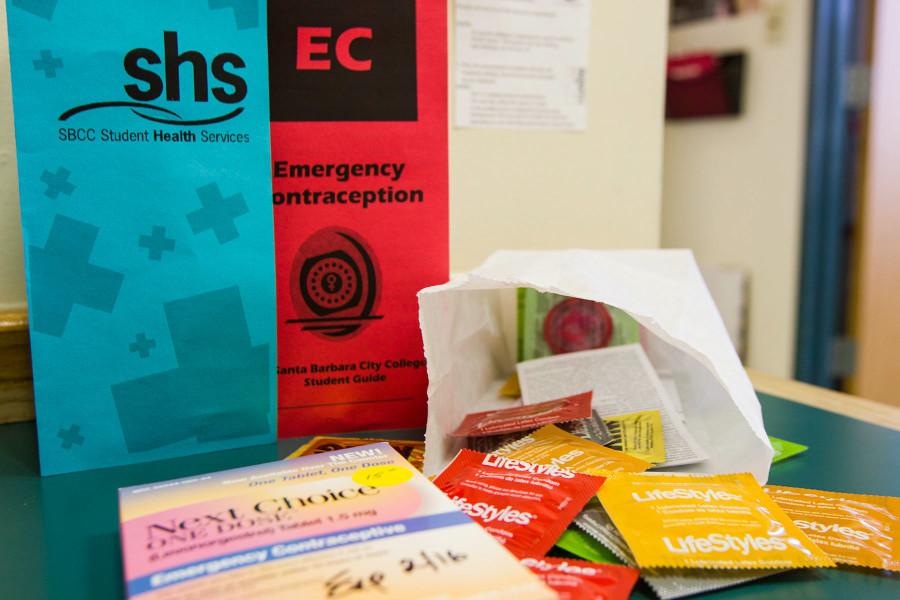In an attempt to engage both men and women in a discussion about sex crimes in college communities, City College has ramped up its efforts to make a meaningful impact on sexual assault.
Aided by new legislation in Senate Bill 967, commonly known as the “yes means yes” bill, the college is striving to spark student conversation around affirmative consent.
“To me it’s obvious,” said third year student Garett Wokal. “It’s hard for me to understand how someone could think that’s okay. If they’re asleep, I mean come on, that’s ridiculous.”
“Some universities do a good job and others do a terrible job,” said Feminist Club adviser, Danielle Swiontek. “So you have all kinds of stories of students reporting these things and being blamed for it, or the person has to write a letter of apology and that’s all that happens to them.”
Groups on campus have often tried to engage students in conversation about issues like sexual assault, domestic abuse and rape prevention through educational speakers. However, there hasn’t been a significant turn out.
“At one point, we had an expert on preventing sexually transmitted infections come in and talk about safe sex,” said Fiona Hannan, the student representative for Planned Parenthood: Generation Action. “At that meeting, like two people came.”
Hannan said she was too afraid to invite the expert back for fear of wasting her time.
Swiontek noted that it is difficult to engage everyone at a community college where the administration has less access to students. Still, City College is reaching out to landlords to hold students accountable for their actions and is working with City College Connect to improve peer-to-peer education about what to do in cases of sexual assault.
Dean of Student Development Ben Partee recently implemented an honor code at City College, but Hannan suggested that it should be presented in a more student-friendly format like a short video, rather than something quickly clicked through before registration.
Swiontek attended Stanford University and said, “Students there took their honor code very seriously. There were a lot of students policing each other.”
Both Swiontek and Hannan stated that creating a conversation among students about sexual consent is a top priority.
“That’s where I think this ‘yes means yes’ can make a big difference,” said Swiontek. “It’s getting students to take it seriously, getting them to want to change their behavior and recognize that these things are unacceptable and we’re going to step in if we see things like that.”
Critics of the bill argue that its policies don’t make it any easier to provide evidence of non-consent in cases of sexual assault.
“To me that’s he said, she said,” said student William Coons. “My only issue is if both parties were drunk and the girl just regretted it.”
Looking forward, Hannan said the key issues she wants to tackle on campus include erasing the stigma around testing for sexually transmitted infections and what she calls the “bitch mentality,” where women feel mean or confrontational when standing up for themselves.
Next fall, Swiontek is hoping to host a speaker series about a broader definition of manhood.
“I think men are caught where these gender roles really limit the way they’re supposed to be,” she said.
Students who want to join the discussion can attend meetings for the Feminist Club at 3:50 p.m. every Monday in the Sport Pavilion Room 215 and Planned Parenthood Generation Action at 3:30 p.m. every first and third Tuesday in the Campus Center Club Room 216.











